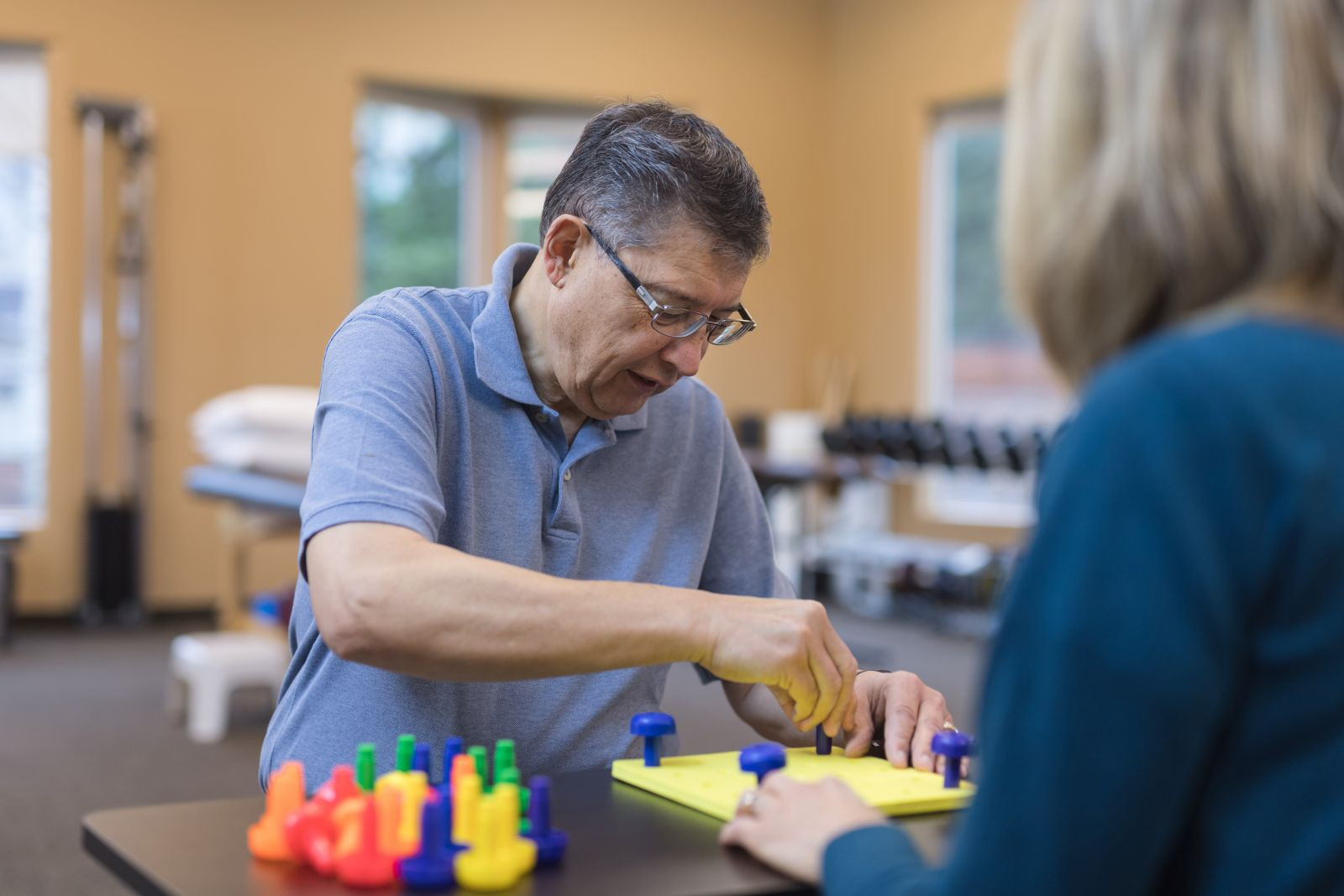
Can white noise really help you sleep better?

Celiac disease: Exploring four myths

What is prostatitis and how is it treated?

What is Cushing syndrome?

Exercises to relieve joint pain

Think your child has ADHD? What your pediatrician can do

Foam roller: Could you benefit from this massage tool?

Stepping up activity if winter slowed you down

Common causes of cloudy urine

Dragon fruit: How to enjoy this antioxidant-rich fruit
Stroke Archive
Articles
Testosterone therapy may be safe for men at risk for heart attack and stroke
A 2023 study suggests taking testosterone replacement therapy does not raise the risk for heart attacks or stroke among men with cardiovascular disease or a high risk for it, but it could increase the risk of atrial fibrillation, acute kidney injury, and pulmonary embolism.
Focusing on six food groups may help prevent cardiovascular disease
A 2023 study suggests eating enough of six categories of food common in popular heart-health diets is associated with a lower risk of cardiovascular disease, including heart attacks and strokes. The six groups are fruits, vegetables, legumes, nuts, fish, and dairy products.
Weather and air pollution linked to heart-related hospitalizations
Lower temperatures, high wind speed, atmospheric pressure, high precipitation, and high degrees of pollution may raise the risk of being hospitalized for serious heart-related conditions. Modeling these factors may help forecast future heart problems.
The (almost) last word on alcohol and health
Research into the health benefits of alcohol has not provided a clear answer. Some findings suggest that alcohol helps protect against heart disease and lowers the risk of heart attacks and strokes, and drinkers tend to live longer than nondrinkers. Other studies say these benefits are less clear. If you don't drink alcohol now, there are no health reasons to start drinking. If you do enjoy it, it's best to have no more than 2 drinks in the same day.
Sleep problems may raise the risk of stroke
A 2023 study suggests that sleep problems such as snoring, snorting, or getting too much or little sleep can significantly raise the odds of having a stroke.
When walking leads to leg pain
Peripheral artery disease (PAD), which occurs when fatty deposits clog arteries outside the heart, is underrecognized and potentially dangerous. The hallmark symptom is leg pain that occurs with exercise, called intermittent claudication. PAD is more common among people who are older, who smoke, and who have diabetes. The recommended treatment involves short periods of walking interspersed with rest periods when pain occurs. Walking increases blood flow in the leg's smaller arteries and helps create new channels to move blood around the blockages; it also helps discourage new blockages.
What is a silent stroke?
Most strokes are caused by a clot that blocks a blood vessel in the brain. Those that damage small areas of brain tissue that don't control any vital functions are known as silent strokes because they don't cause any noticeable symptoms.

Can white noise really help you sleep better?

Celiac disease: Exploring four myths

What is prostatitis and how is it treated?

What is Cushing syndrome?

Exercises to relieve joint pain

Think your child has ADHD? What your pediatrician can do

Foam roller: Could you benefit from this massage tool?

Stepping up activity if winter slowed you down

Common causes of cloudy urine

Dragon fruit: How to enjoy this antioxidant-rich fruit
Free Healthbeat Signup
Get the latest in health news delivered to your inbox!
Sign Up











